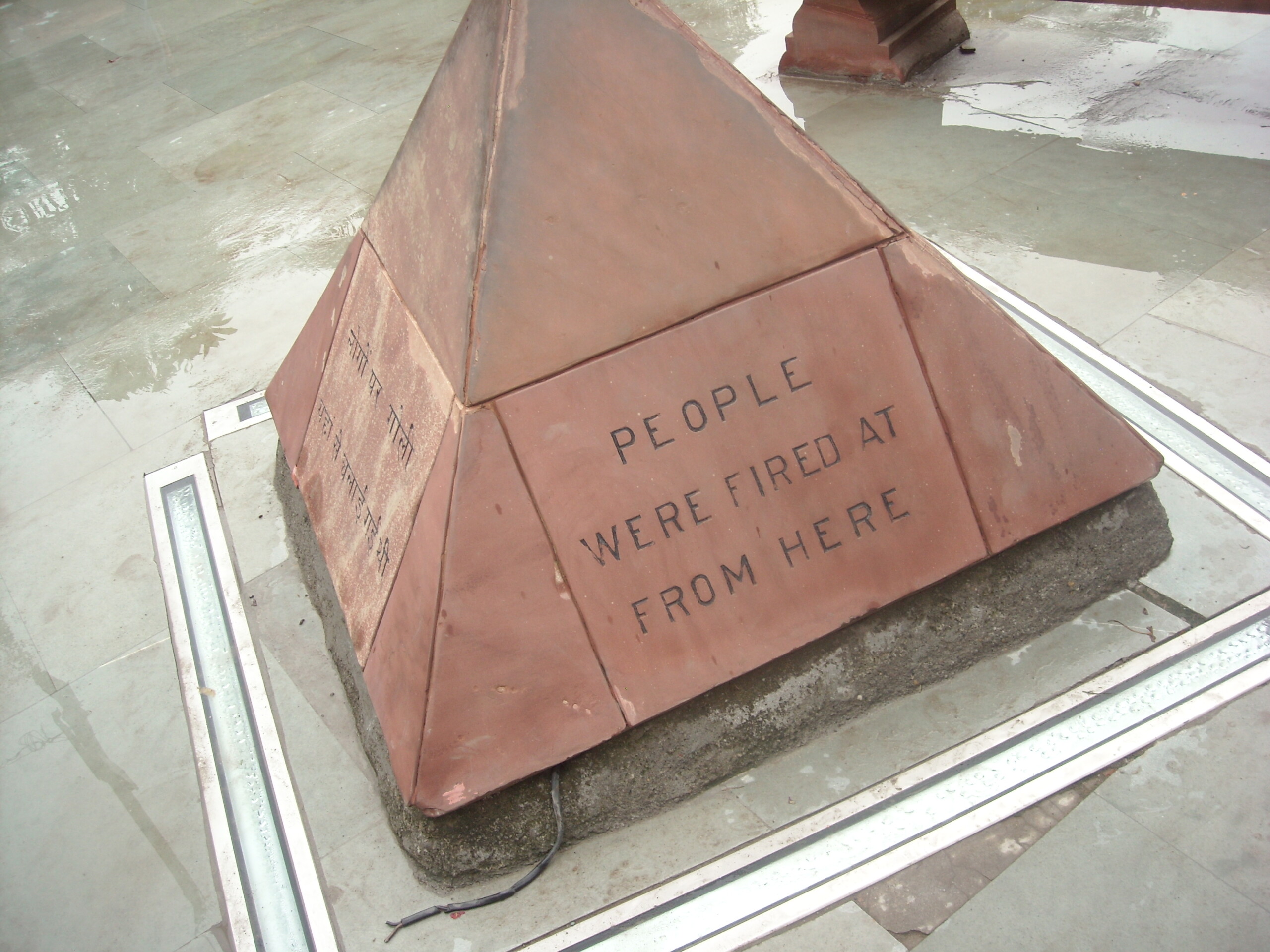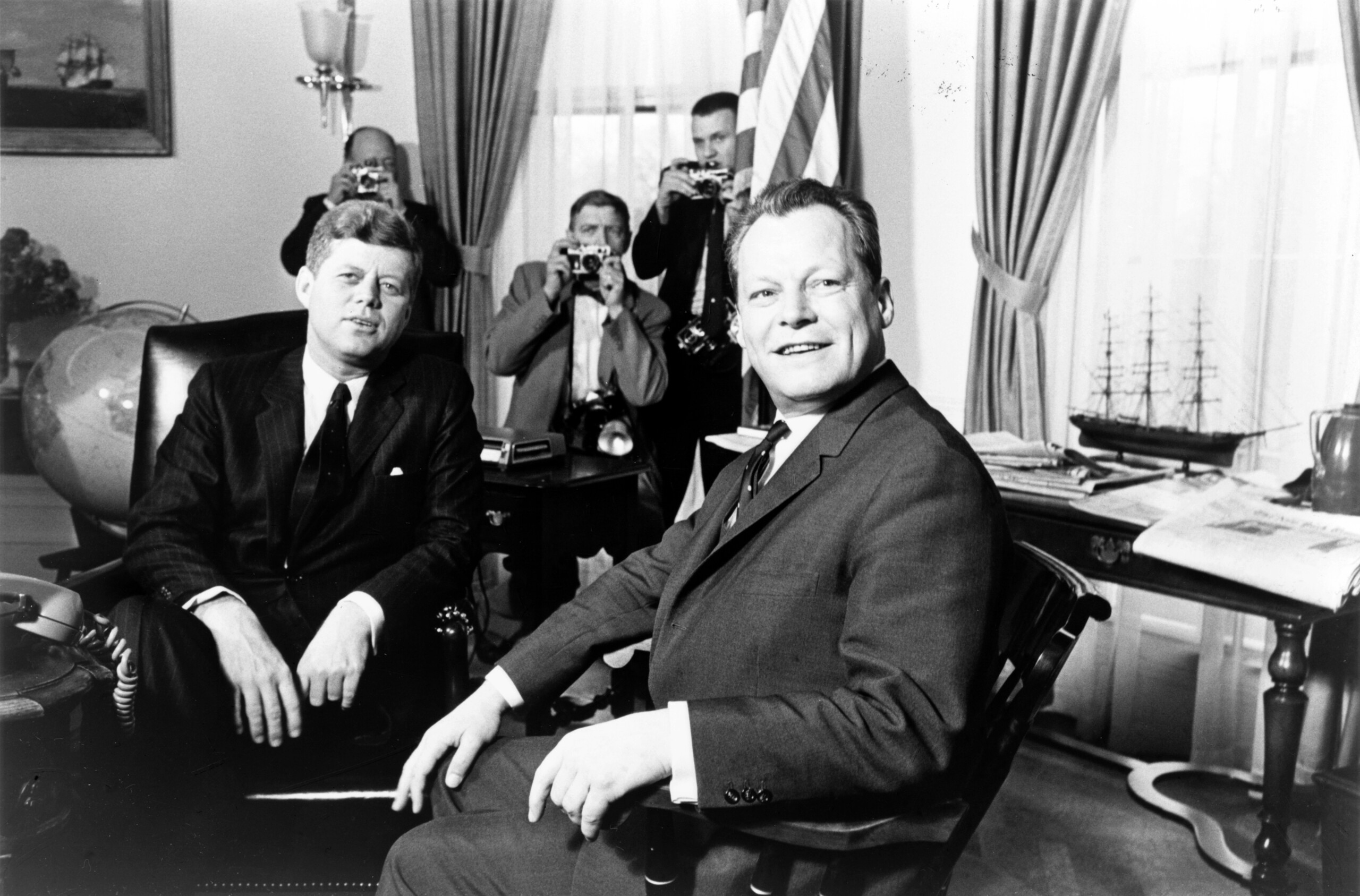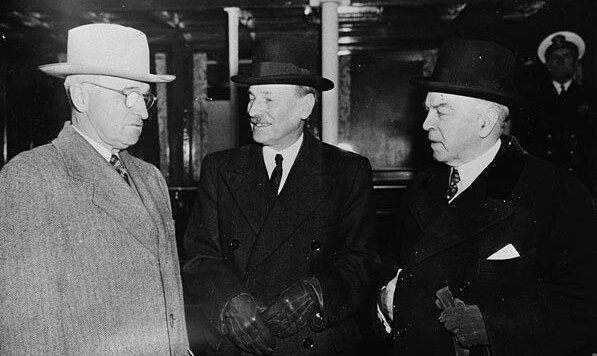The question of whether countries should apologize for historical military actions has resonated worldwide in the corridors of power, classrooms, and coffee shops.
At its core, it’s about coming to terms with the past. It’s also about acknowledging the weight of actions that, more often than not, have left deep scars on the face of humanity. But it’s not as straightforward as it might seem.
Some argue that recognizing and apologizing for past wrongs is a step toward healing and reconciliation. However, others believe that today’s generation shouldn’t bear the burden of their forebear’s choices.
After all, why should the present apologize for the past? Isn’t it more important to ensure that history doesn’t repeat itself?
Regardless of context, historical military actions have shaped our world today. The lingering question remains: is an apology the best way to address them?
The Power of Acknowledgment
The first step to healing is said to be acknowledgment. This sentiment echoed throughout history, especially when nations confront their past.
Let’s take the example of Germany after World War II. Following the war, Germany made significant efforts to acknowledge and atone for the Holocaust.
Not only did they apologize, but they also implemented education reforms to ensure that future generations learned about these atrocities. As a result, Germany transformed its image from an aggressor nation to a pillar of European unity and peace.
In the context of historical military actions, such genuine apologies are pivotal. In 1995, Japan’s Prime Minister Tomiichi Murayama expressed deep remorse and a heartfelt apology for the suffering and damage Japan caused to its Asian neighbors during World War II.
It improved relations between Japan and the previously invaded or occupied nations.
The Sincerity Issue

However, one can’t overstate the importance of sincerity in these apologies. In 2019, the U.K. expressed regret but did not fully apologize for the 1919 Jallianwala Bagh massacre in India.
This distinction between “regret” and “apology” was noted by many and highlighted the nuanced differences in diplomatic language. A genuine, heartfelt apology goes a long way, but anything that seems half-hearted can be counterproductive.
Like pouring salt on a festering wound, insincere or politically motivated apologies can exacerbate old wounds rather than heal them.
The Generational Debate
A commonly heard counterpoint is: Why should the current generation apologize for the actions of their ancestors? This debate is not new, as seen in several historical contexts.
In 2008, the Australian government, led by then-Prime Minister Kevin Rudd, formally apologized to the indigenous Aboriginal population for the past policies of forced child removals. These actions happened decades ago, but the apology came from a much later generation.
It is a valid concern. Since today’s citizens did not participate in those historical military actions or policies, should they be held accountable?
It brings to mind the sentiments many in the U.S. echoed when discussions about reparations for descendants of enslaved people arose. The answer lies not in accountability but in empathy.
When Canada’s Prime Minister Justin Trudeau apologized in 2017 for the country’s past treatment of LGBTQ individuals, it wasn’t about holding the current generation culpable. Instead, it demonstrated empathy, a commitment to acknowledging past wrongs, and ensuring they don’t reoccur.
An apology for historical military actions or injustices is less about admitting guilt. It is more about showing understanding and empathy towards those who suffer. It’s about accepting history as it is, recognizing its implications, and assuring that its lessons are well-learned.
What Can Apologies Achieve?
When they take the significant step to apologize, countries set a series of potential outcomes into motion. These results can influence not just international relations but the collective memory of their people. Here are some benefits and implications of these apologies:
Reconciliation and Closure: Apologies can mark the beginning of renewed diplomatic relations. West German Chancellor Willy Brandt made his symbolic gesture in Warsaw in 1970 by kneeling at a memorial for the victims of the Warsaw Ghetto uprising.

It was a silent but profound gesture of repentance and had positive implications for German-Polish relations.
Education: By acknowledging past errors or atrocities, nations can influence their educational frameworks. A more inclusive history ensures future generations learn about the complexities of peace, diplomacy, and the weight of past conflicts.
Prevention: By owning up to past mistakes, nations can reaffirm their commitment to ensuring such missteps won’t happen again. It serves as a reminder of the consequences of specific actions.
Cultural Integration: Apologies can enhance the feeling of inclusivity among minority or affected groups within a country. Canada’s 2006 apology for the Chinese head tax is a testament to the potential of official apologies to address long-standing grievances and promote integration.
Economic and Diplomatic Ties: While not a direct result, improved diplomatic relations, often a byproduct of sincere apologies, can strengthen economic collaborations. Better relations can pave the way for enhanced trade, joint ventures, and tourism.
When nations face their past and apologize for historical actions or injustices, they address historical grievances. They also chart a path for a future based on mutual respect and understanding.
Treading Carefully
The issue of countries apologizing for historical military actions is intricate and multifaceted. While apologizing can be profoundly meaningful, approach it with sincerity, understanding, and a genuine desire to heal and move forward.
Whether or not to apologize is a decision that requires introspection, an understanding of history, and a commitment to a future built on trust and cooperation. After all, it’s about acknowledging the past and ensuring a more harmonious future.










COMMENTS